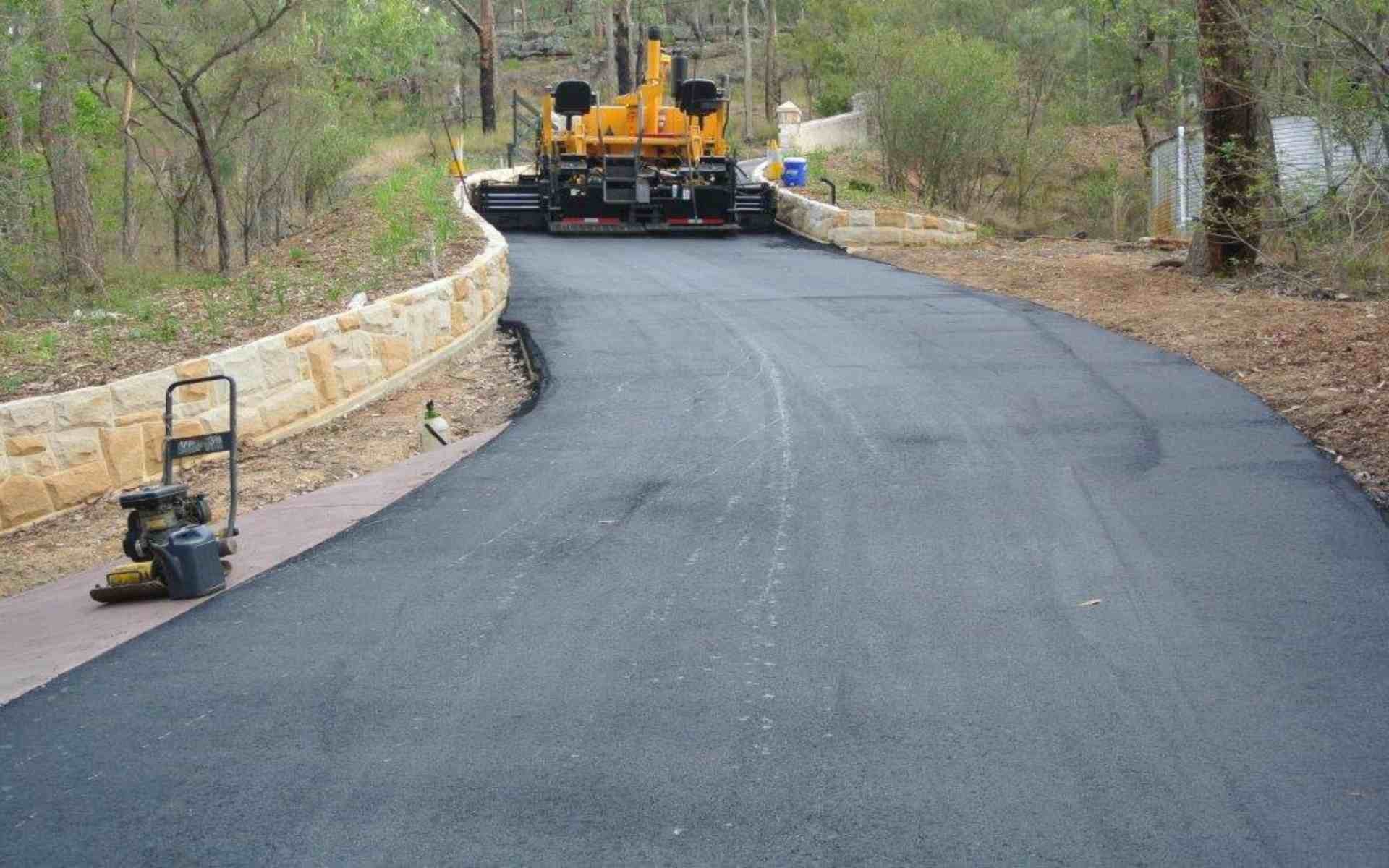When choosing a paving contractor, there are several things to look for. The job must be completed in a timely fashion, be durable, and look aesthetically pleasing. The job must also be completed without causing undue disturbance to neighbours or visitors. Not every contractor is capable of handling large projects. That is why it is important to be selective and find a team of experts.
Ideally, you should hire a paving contractor with extensive experience in your area. Some paving companies only operate in certain regions for a season and then move on to another. Choosing a company with a long-standing presence in your community will ensure you’re dealing with an expert who has an excellent reputation. Check the Better Business Bureau for ratings of local companies and read online reviews to determine which ones have solid reputations.
Check the insurance coverage of the company. A contractor with valid insurance coverage should be able to pay for any damages that may arise from the project. It is also important to check if the company has workers with proper licenses and credentials. Otherwise, subpar workers might be hired to do the job under the name of a well-known contractor. If you’re unsure, call the company and get references from past clients.
Also, check the websites of reputable firms to get ideas about the best paving companies. For example, a reputable paving company where I am from is Acepaving in Kent in the United Kingdom. If this paving company is not in your area, you can at least use the website and company info as a reference.
A professional paving contractor is the best option for a driveway or pavement project. They know the ins and outs of asphalt paving and will be able to deliver high-quality work. Hiring an expert will save you time and money, and ensure you’ll get high-quality results. That’s worth paying extra for quality work.
What is a Paved Surface?
If you are wondering what a paved surface is, here are some common types. Asphalt pavements, for example, are made from asphalt on top of a solid base. The asphalt layer is not a permanent fixture and can be repaired many times before it reaches the point of replacement. However, there are some things you should know about asphalt pavements before deciding which is best for you. Here’s a closer look.
Asphalt and concrete are bonded surfaces. They are durable and relatively inexpensive, but they will eventually crack and break. Pavement is also prone to cracking, which is caused by the ground shifting beneath it or by tree roots pushing up on it. If the ground settles unevenly, cracks appear, and potholes develop. Fortunately, there are many different types of asphalt pavements on the market. You can even use these pavements as landfill/hazardous waste site caps.
A paved surface can be asphalt, brick, cement, or a paver. The paved surface should be safe enough to prevent drainage to neighbouring properties. It is also important to note that the paved surface does not have to be paved underneath the tires. Old cement strips in the driveway or parking lot are not paved surfaces. This is a problem when new installations or expansion takes place. To avoid problems with your new surface, it is necessary to ask the property owner or the property manager where the paved surface will be located.
Concrete surfaces can be joined plain, reinforced, or continuously reinforced. In the latter case, the jointing system is important because it controls the number of cracks that develop. Compared to asphalt, concrete roadways may make more noise because of cracks and expansion joints. Furthermore, concrete pavements, which consist of multiple slabs of uniform size, produce a periodic sound. Over a long journey, this sound can have a hypnotic effect on the driver.
What Are the Different Kinds of Paving?
If you’re thinking about paving your driveway or walkway, you may be wondering what the different types of surfacing are. Whether it’s bricks, stone, or even concrete, there are many options to choose from. Read on to learn about the different types of paving and which one is right for your home. Here are some examples of each type. If you’re thinking about installing brick paving, here are some tips to keep in mind.
Porcelain pavers are a low-maintenance, yet elegant option for walkways. They are also available in a variety of colours and textures. Unlike natural rock pavers, porcelain is less absorbent, so they’re not suitable for areas where water may pool. This material also has low-maintenance requirements. Porcelain pavers won’t absorb moisture and won’t chip. However, they require regular cleaning.
Gravel paving is another common option for outdoor areas. It’s popular for enhancing the look of a home. It’s available in many shades, and it’s easy to design with different textures and colours. Unlike bricks or concrete, it’s easy to break, but if cared for properly, it’ll last for years. Regardless of how you use it, there are many options for stone paving.
Pavers can come in two forms. One type is interlocking pavers, which are generally used in residential settings. They lock together with ease to create patterns. While all pavers are somewhat permeable – some water will flow through their seams – some are specifically designed to absorb and convey water – you’ll want to choose one that passes through various codes and standards, such as the American Society of Testing and Materials’ ANSI B-72 and ADA-21.





